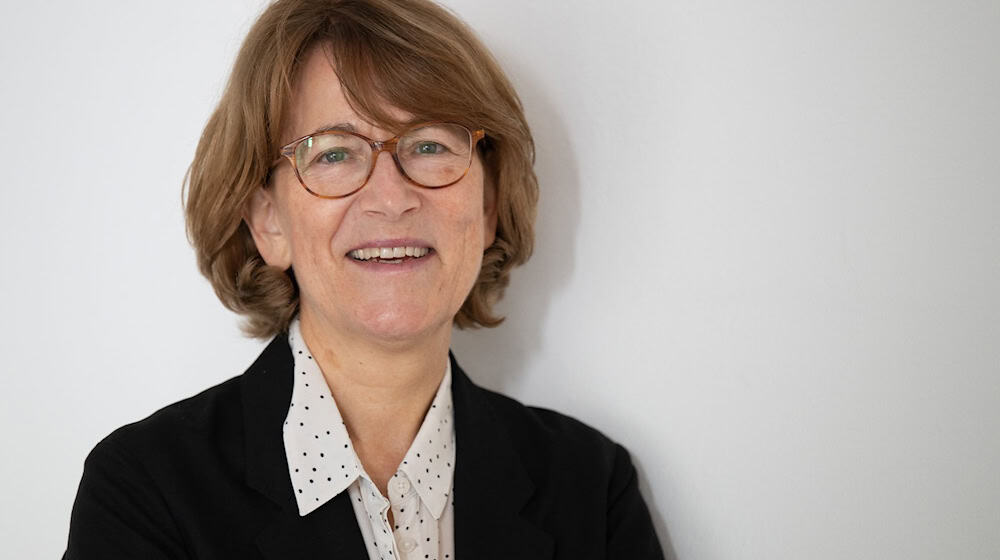Even older people are not helpless in the face of depression and have a good chance of recovery. "The earlier it is recognized, the better it can be treated," Vjera Holthoff-Detto, Director of the Clinic and Polyclinic for Psychiatry and Psychotherapy at Dresden University Hospital, told the German Press Agency. For older people in particular, however, haste is required. "Every month of depression drains physical and mental reserves. These are more limited in older people."
According to the professor, dementia and depression are the two most common mental illnesses in older people. Sometimes it is even difficult to distinguish between the two at first. Depression in old age is often accompanied by cognitive disorders. "People who were previously healthy can develop attention and memory disorders. Current memories are also sometimes difficult to access." Certain areas of the brain are less activatable, which can lead to a lack of drive.
Depression develops gradually
According to Holthoff-Detto, it is sometimes not easy for those affected to correctly interpret the signs of age-related depression. Even relatives of those affected sometimes assume that certain changes are part of old age. "Depression develops slowly, insidiously. Sufferers can no longer feel any joy in their lives and are depressed. Everything is difficult for them. It is usually only then that the family realizes that the person concerned used to be completely different."
"Depression is a widespread disease, even in old age," said the scientist, who has been researching the topic of depression and dementia for many years. Depression even increases latently in old age. It is therefore important to pay attention to certain things in order to grow old in a healthier way. "Social contacts are particularly important. But you should also stay cognitively stimulated and eat a healthy diet. It is crucial to recognize symptoms early and take them seriously. "Depression is a very treatable illness."
People in transitional phases are susceptible to depression
In general, people in transitional phases are susceptible to depression. "These are transitional phases that require change processes on several levels, such as puberty, marriage or the first child. Retirement is also one of them. Psychiatry speaks of a threshold situation. These phases challenge the whole person, their psyche as well as their biology. It is important not to simply slide into such a new phase of life, but to prepare for it.
Depression can also be treated well in old age
Holthoff-Detto believes that today's generation of older people is well equipped. "Many of them are modern, have a cell phone and communicate with their grandchildren on Facebook or elsewhere." It is therefore important not to perceive changes in their behavior as a normal aging process, but to consider possible depression. "Even people in old age can fully recover from such an illness and regain their energy if they receive professional treatment."
The professor recalls the case of a woman aged almost 90 who wanted to end her life because she felt useless and didn't want to be a burden on her family. Yet just eight weeks earlier, she had been completely different, reading the newspaper, going to concerts and helping to organize a trip around the world for her grandson. "She was saved because the grandson came to visit her and had a key to the apartment. We treated her with antidepressants. She was really looking forward to going home afterwards."
Depression should not be "sat out" by those affected
According to Holthoff-Detto, the severity of depression depends on the number of symptoms. The illness is divided into mild, moderate and severe. Simply "sitting out" depression is not advisable, even in a mild case. "It may go away on its own, but at a high price. Because even young people use up a lot of resources in the process." From a certain stage, drug treatment is essential - in combination with psychotherapeutic and psychosocial support.
The scientist finds it helpful that former Trigema CEO Wolfgang Grupp made his age-related depression public and thus helped to raise awareness of the issue. Grupp is an example of how depression can affect anyone - even successful people without financial worries and with family support.
Copyright 2025, dpa (www.dpa.de). All rights reserved










